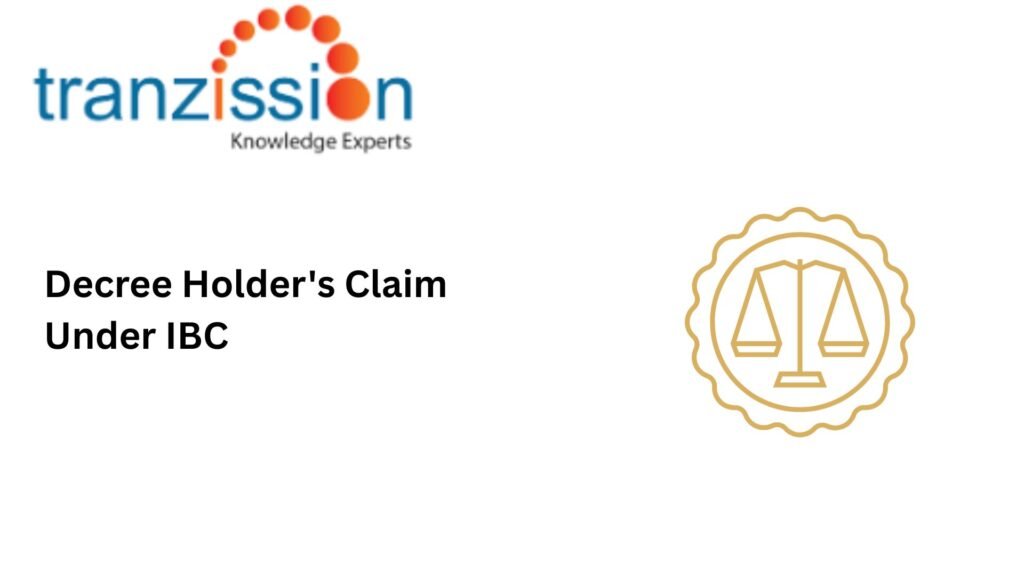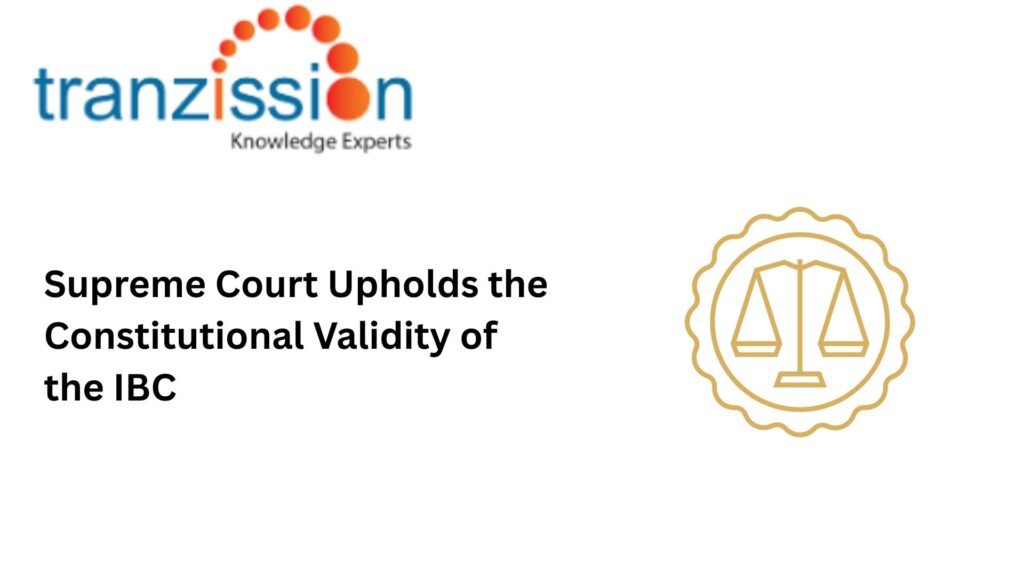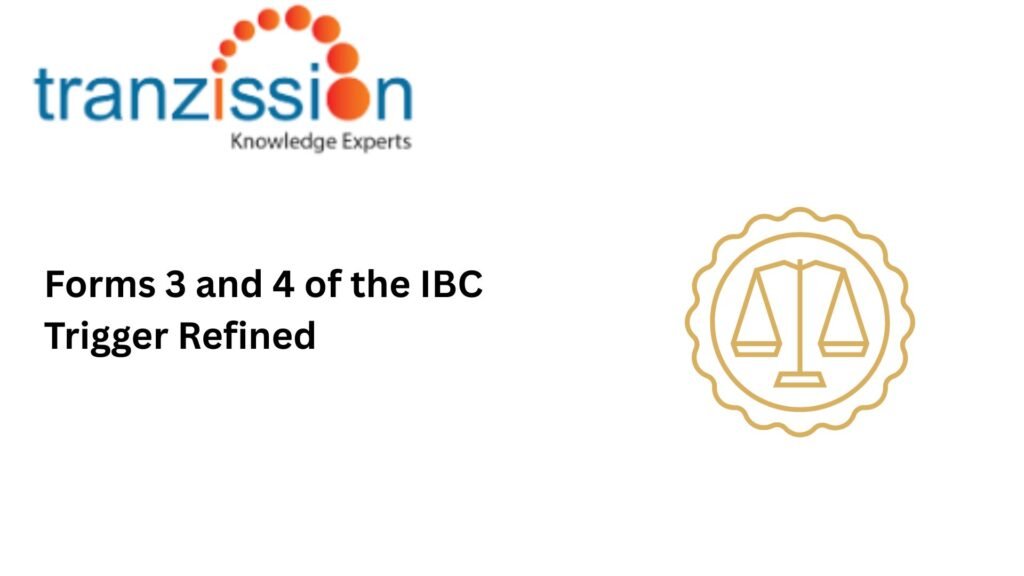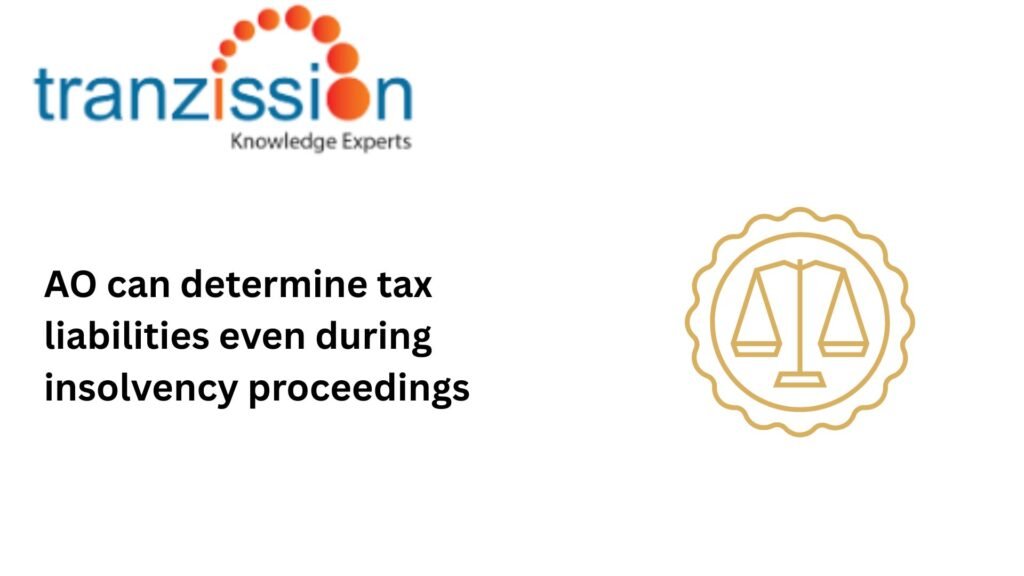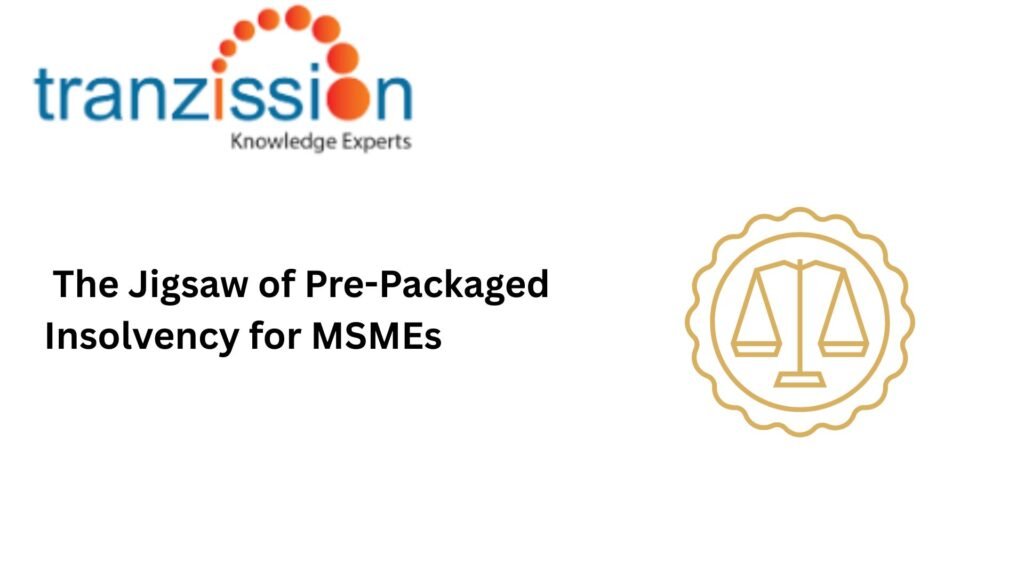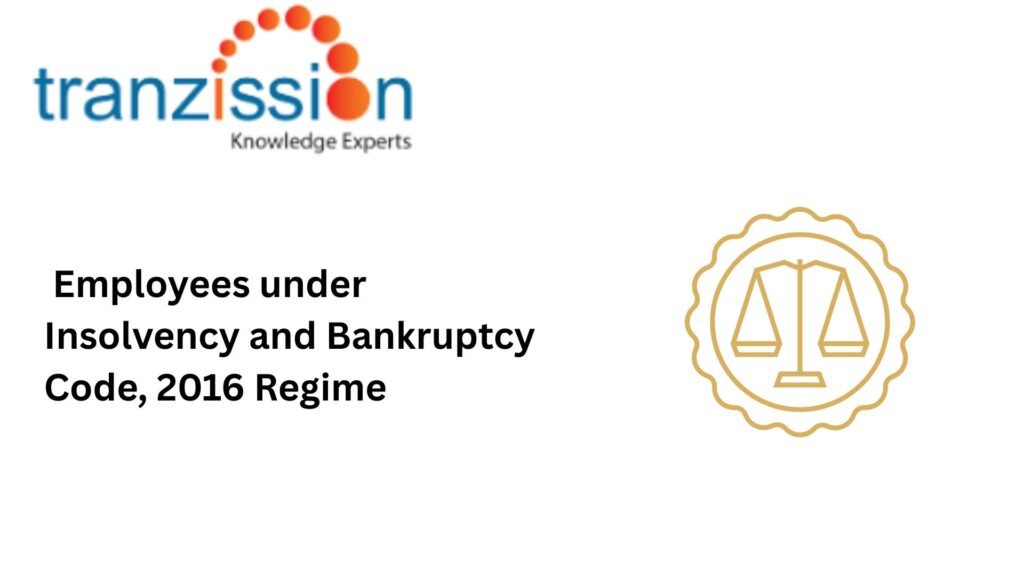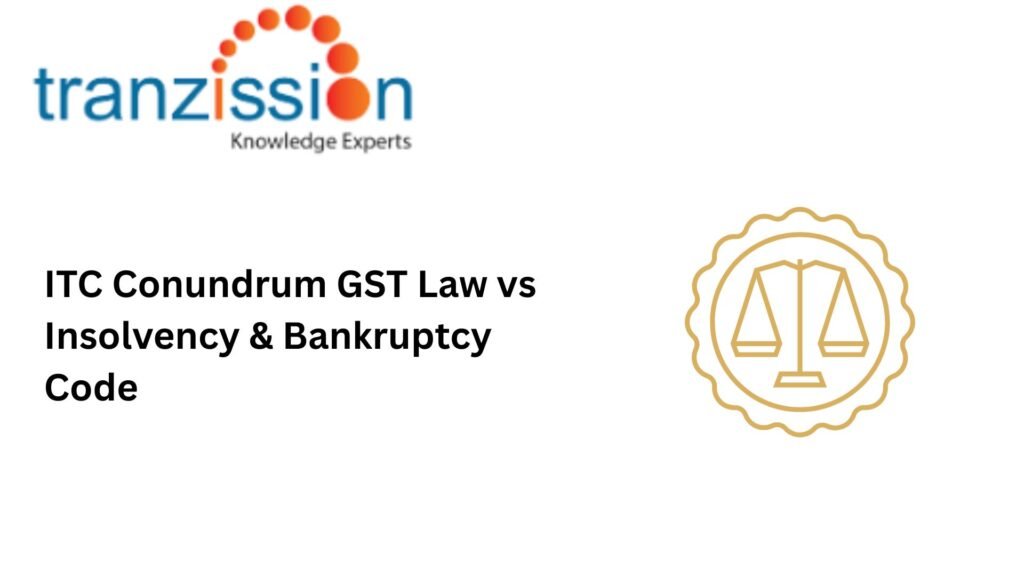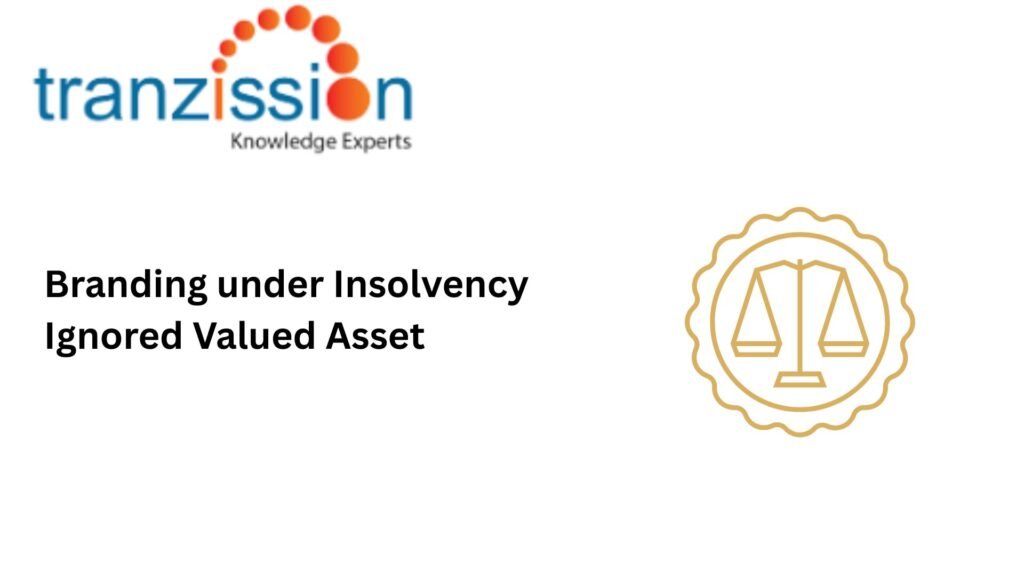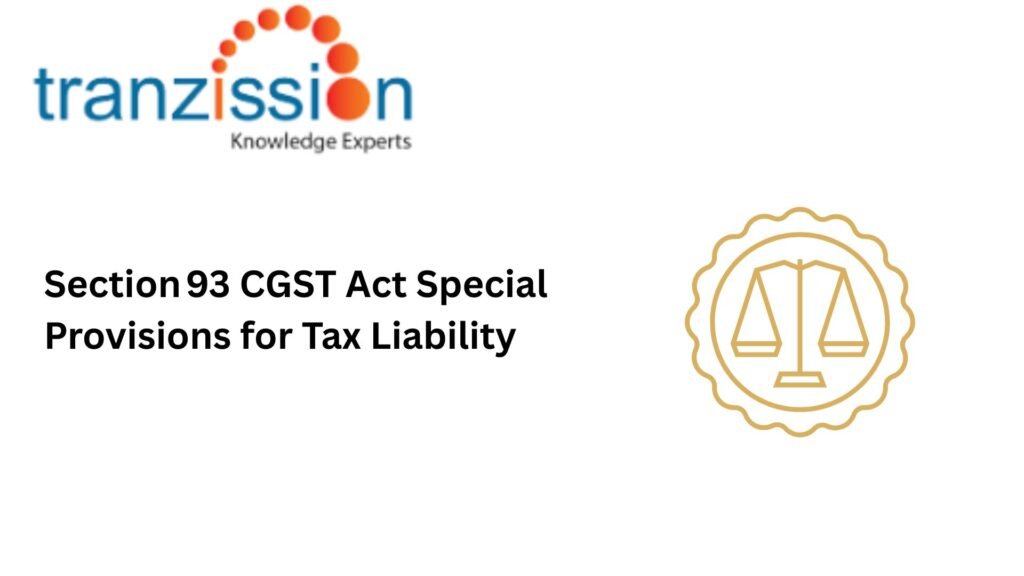Decree Holder’s Claim Under IBC
A decree holder is a person in whose favour a decree has been passed or an order capable of execution has been made. Decree Holder’s Claim Under IBC is recognised as a creditor, but their claim does not automatically qualify as a financial or operational debt, creating ambiguity in their status. The IBC imposes a […]
Under the Companies Act, 2013, a Cost for Filing Winding-Up petition is a legal process initiated by creditors, members, or other stakeholders to compel a company’s dissolution when it is unable to pay its debts or when it is just and equitable to do so, with the court appointing to manage the process. Concurrently, the […]
The Insolvency and Bankruptcy Code, 2016 (IBC) was enacted to streamline the insolvency process, replacing a fragmented system of law. In the case of Swiss Ribbons Pvt. Ltd. & Anr. v. Union of India the Constitutional Validity of the IBC was challenged on multiple grounds, primarily focusing on the differential treatment between financial and operational […]
The Insolvency and Bankruptcy Code, 2016 (IBC) established a time-bound and creditor-driven framework for resolving corporate insolvency, with the objective of maximising asset value and promoting entrepreneurship. A crucial component in initiating the corporate insolvency resolution process (CIRP) is the proper use of statutory forms—particularly Forms 3 and 4 of the IBC, which are fundamental […]
The Insolvency and Bankruptcy Code, 2016 (IBC) restricts the continuation of certain legal proceedings against the corporate debtor under the moratorium period explained in section 14, including tax assessment. While tax assessments can continue up to the point of a moratorium, any actions that credit new liabilities or deplete the corporate debtor’s assets during the […]
The Jigsaw of Pre-Packaged Insolvency for MSMEs are vital to the Indian economy, contributing significantly to gross domestic product (GDP), employment and exports. However, they face challenges in the corporate insolvency resolution process (CIRP) due to its lengthy timelines and high costs. To address this, the Insolvency and Bankruptcy Code (Amendment) Act, 2021 introduced a […]
The Insolvency and Bankruptcy Code, 2016 (“the IBC”) aims to consolidate and streamline the insolvency resolution process, focusing on time-bound procedures for maximizing asset value and promoting entrepreneurship. A key issue when a company enters insolvency is the fate of its employees, who may face job loss and unpaid dues. Hence, Employees under Insolvency protection […]
The Insolvency and Bankruptcy Code, 2016 (“the IBC”) primary objective is to resolve insolvency cases in a time-bound manner, maximising asset value, and promoting entrepreneurship. During the corporate insolvency resolution process (CIRP), disputes related to Input Tax Credit (ITC) often arise, creating legal tension due to the potential impact of the resolution plan and the […]
Under the Insolvency and Bankruptcy Code, 2016 (“the IBC”), a brand’s value is considered an intangible asset and is concluded in the calculation of a company’s assets during insolvency resolution. However, Branding under Insolvency is frequently overlooked due to the difficulty in accurately valuing it as an intangible asset and the lack of standardized accounting […]
Section 93 CGST Act Special Provisions for Tax Liability, permits continuance of proceedings against legal heirs, but does not authorize culmination of proceedings against deceased person. This provision allocates liability for GST, interest, and penalties in cases of death, dissolution, partition, and trusts, especially when IBC applies. Statutory Overview Section 93 CGST Act plays a critical […]

